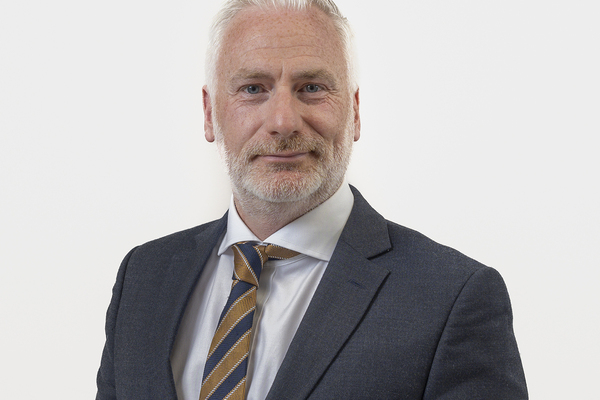You are viewing 1 of your 1 free articles
Peabody posts surplus rise for past six months
Peabody has seen its surplus rise by £14m to £67m in the six months to September 2019.
The group saw its turnover rise to £318m, up £57m from the same period in 2018. The rise in revenues is attributed to 9,500-home Kent-based association Town & Country Housing (TCH) joining the group.
The surplus rise bucks the recent trend of London housing associations which have seen their surpluses hit in recent times by a combination of a stagnating housing market in the capital and rising post-Grenfell fire safety costs. However, some of this may be due to the TCH merger.
In September, L&Q announced it was putting all new projects on pause after it saw its surplus drop from £350m to £202m in its yearly results. Fellow housing association Clarion also saw its surplus fall for the third year in a row to £154m from £158m.
Peabody’s total homes under management rose from 56,187 in the six months to 2018 to 65,255 for the same period this year, with TCH included in the figures.
It recorded £156m in cash, down from £316m a year ago, with drawn debt standing at just under £2.7bn.
The number of unsold dwellings for the group stood at 170 properties, with 63 unsold for six months.
Susan Hickey, chief financial officer at Peabody, said: “This is a strong performance in the prevailing environment, with increased turnover and surplus.
“Operating margins have improved compared to the equivalent period in 2018 on a like-for-like basis with a further improvement when TCH is included. Sales margin of 23% reflects a performance on price and volume which is in line with expectations. Liquidity is strong, with £1.4bn in available facilities and cash. Interest cover including capitalised repairs (EBITDA-MRI) is strong at 234%.”
According to Peabody, the margin of 23% is reinvested into homes and services by the association, which also strengthened its funding and liquidity with a £130m funding deal with the European Investment Bank to be used on delivering new social housing in London, and a £75m facility arrangement with BNP Paribas which recognises social value.
According to Peabody, notable developments in the period included the formation of an £8bn joint venture with international property and infrastructure group Lendlease, for the long-term delivery of a significant development at the Thamesmead Waterfront in south-east London. The scheme could deliver 11,500 homes for the capital.
Work at the former Holloway Prison, which Peabody acquired in March, continued, where around 1,100 new homes are planned. The group also began the first 386 affordable homes at Battersea Power Station.










